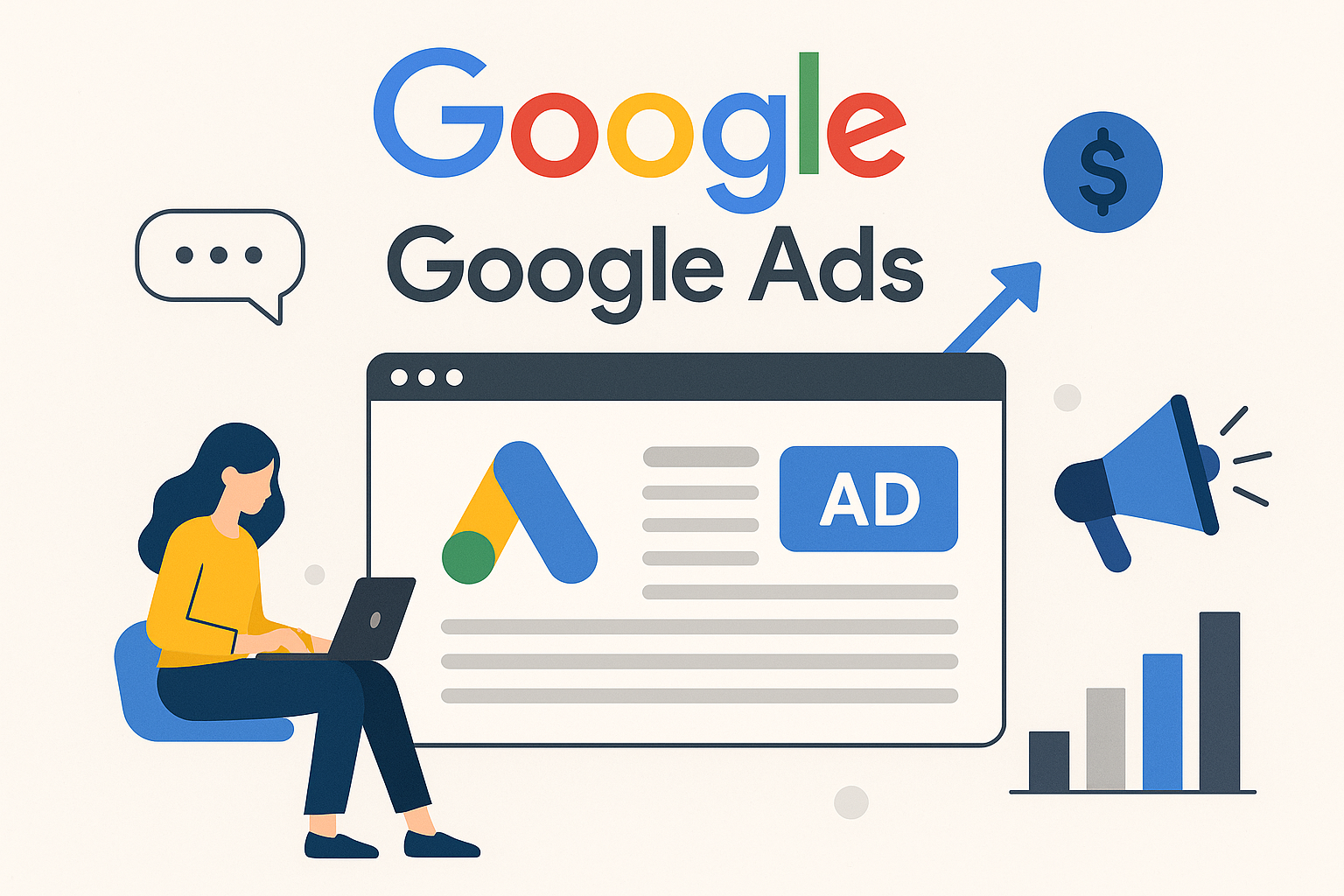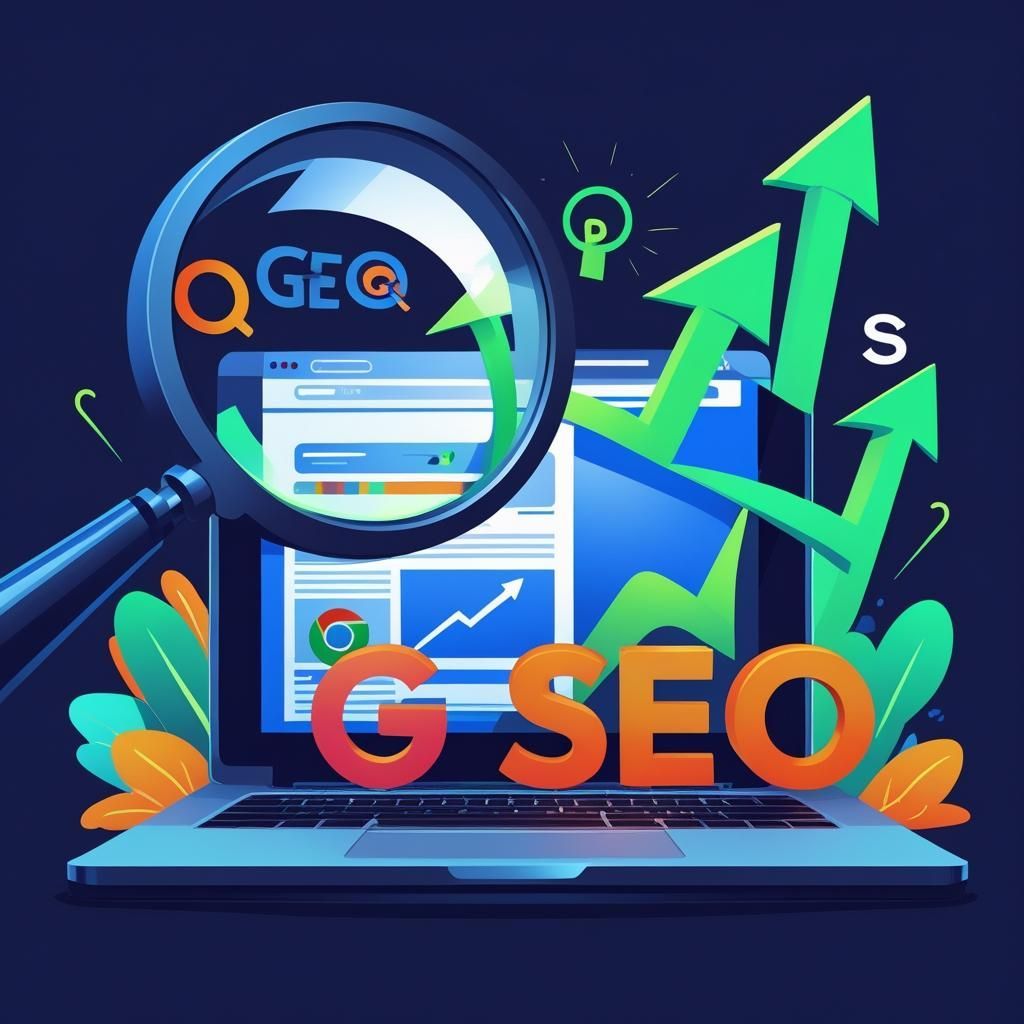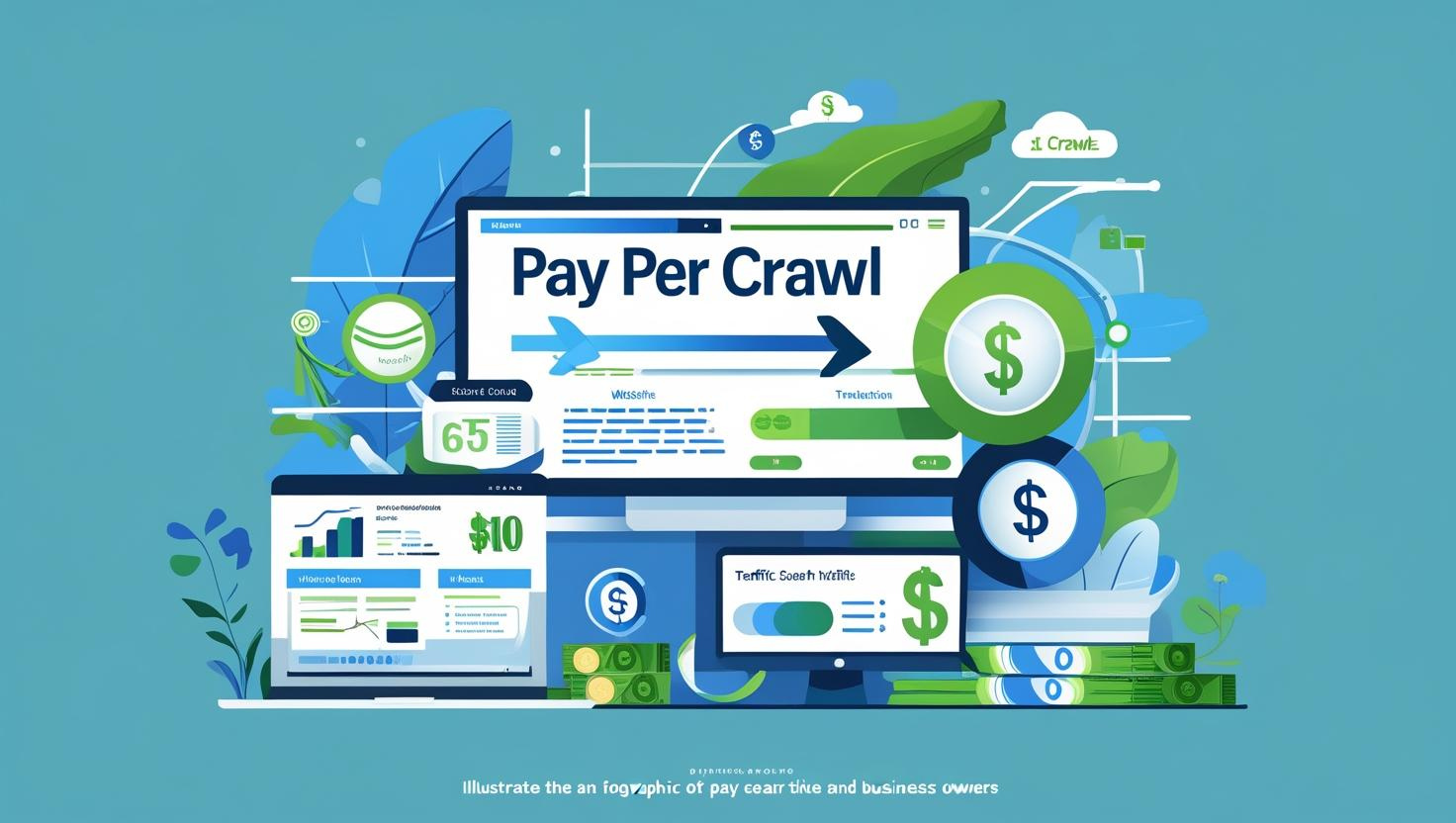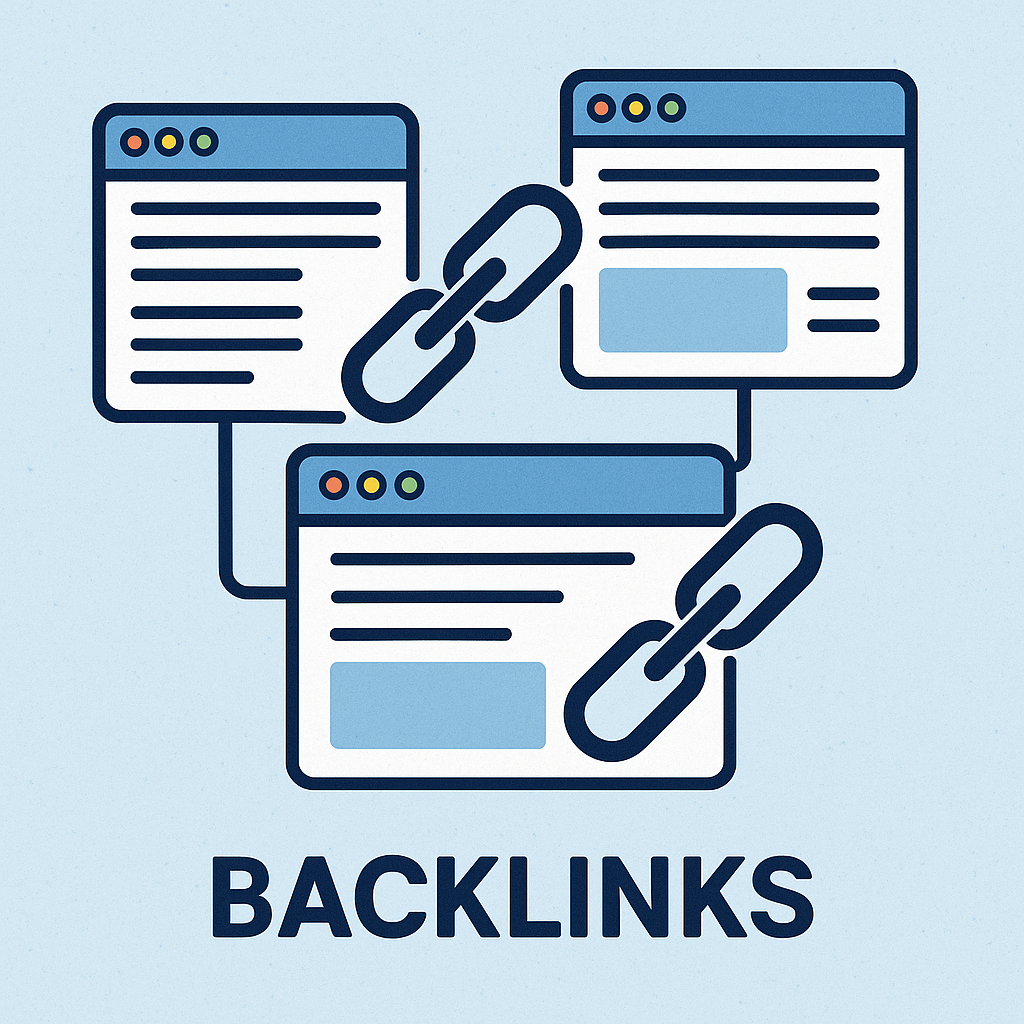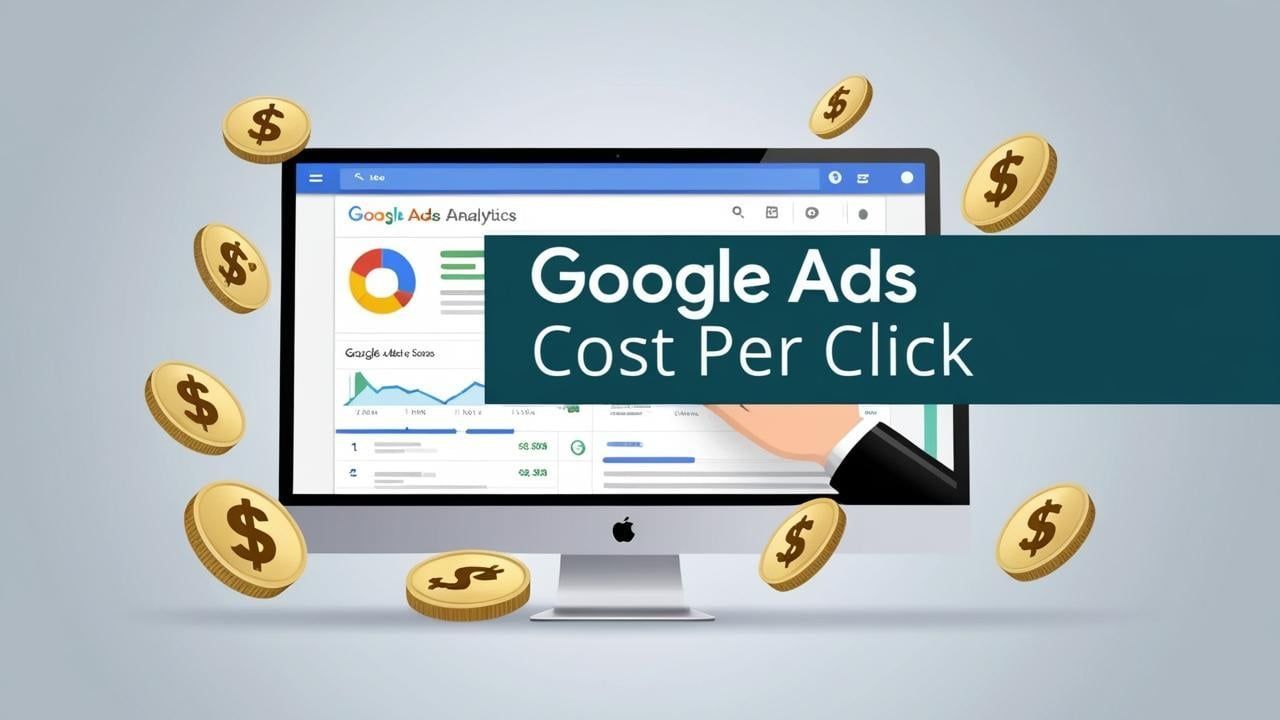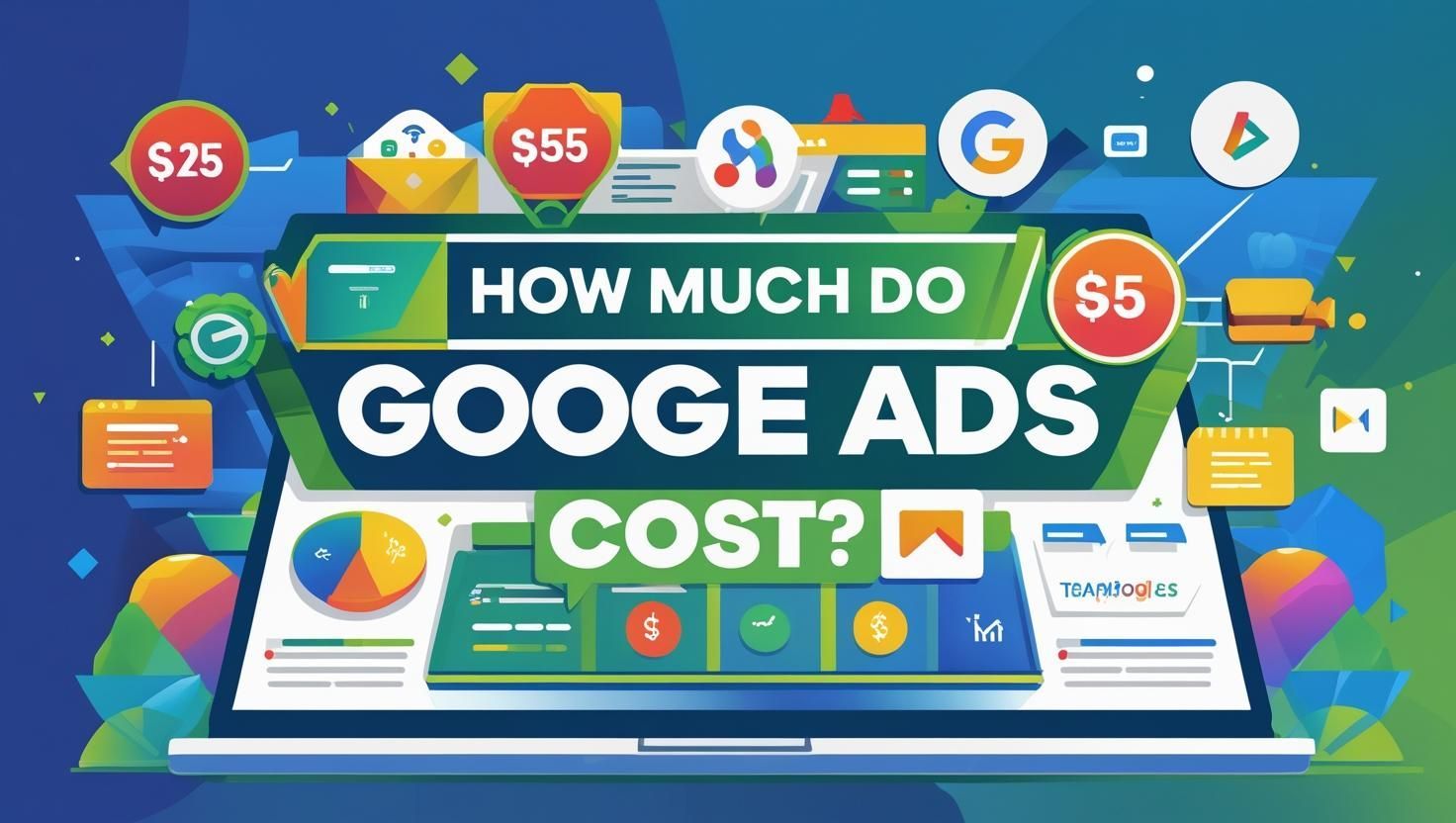Does Google Like AI-Written Blogs?
Introduction
The rise of artificial intelligence in content creation is nothing short of revolutionary. With AI's ability to churn out content at lightning speed, marketers and content creators are equipped with a tool that can potentially transform the landscape of digital marketing. However, as AI technology becomes more sophisticated, the question of its acceptance, particularly by search engine giant Google, remains a focal point of discussion. Does Google like AI-written blogs? The answer is layered and requires a deep understanding of Google's expectations regarding content quality, originality, and reader value. This blog post aims to examine Google's stance on AI-generated content, emphasizing the importance of E-E-A-T (Experience, Expertise, Authoritativeness, and Trustworthiness), and offering best practices for integrating AI in content creation without compromising on quality.
Google's Stance on AI-Generated Content
Google's perspective on AI-generated content is clear yet complex. The tech giant has consistently prioritized high-quality content, a principle that remains unchanged regardless of whether content is crafted by humans or machines. The central tenet here is that content must exhibit E-E-A-T — a framework that helps Google assess the value and reliability of the content it indexes.
Google's algorithms are designed to reward content that demonstrates genuine expertise and authority. For instance, automation in generating weather forecasts or sports updates is widely accepted because these are factual reports that require precision rather than subjective insight. However, when AI is used to produce content solely with the intention of manipulating search rankings, it violates Google's spam policies. This distinction underscores the need for content creators to focus on producing material that genuinely benefits the reader rather than attempting to game the system.
The sophistication of Google's algorithms allows them to evaluate content on multiple levels. Through machine learning, Google can discern between high-value content and low-effort pieces that merely meet keyword density requirements. This capability ensures that only content that meets rigorous quality standards, regardless of its origin, is ranked favorably in search results.
Quality Over Quantity
The mantra "quality over quantity" is more relevant than ever in the context of AI-generated content. Google's algorithms are adept at identifying content that lacks originality or depth. The March 2024 core update, which aimed to reduce low-quality, unoriginal content in search results by 40%, is a testament to Google's unwavering commitment to content quality.
Understanding what constitutes high-quality content is essential for anyone utilizing AI in their content strategy. Quality content provides in-depth insights, comprehensive analysis, and unique perspectives, qualities that are not easily replicated by AI. This means that while AI can be an excellent tool for generating initial drafts or collecting data, the final content must be enriched with human insight and creativity to truly stand out.
Moreover, Google's Search Quality Rater Guidelines explicitly state that content must possess original value to avoid being rated as low quality. This implies that content creators need to ensure that AI-generated content is not just a rehash of what's already available online. Instead, it should offer something new — whether that's a novel perspective, detailed analysis, or expert commentary — to merit a higher quality rating.
The Importance of E-E-A-T
E-E-A-T (Experience, Expertise, Authoritativeness, and Trustworthiness) is more than just a buzzword; it's a fundamental framework guiding Google's content evaluation process. Each component plays a vital role in determining how content is perceived and ranked by Google:
- Experience: This aspect evaluates whether the content reflects genuine, firsthand experience. For instance, a travel blog detailing personal experiences of visiting different countries is more likely to resonate with readers and perform well in search rankings than a generic article on travel tips.
- Expertise: This criterion assesses the knowledge depth of the content creator. An article on health tips written by a certified nutritionist or doctor is perceived as more credible and valuable than one written by someone without relevant qualifications.
- Authoritativeness: Content that is frequently cited by other reputable sources is considered authoritative. This means that the content must not only be accurate but also recognized within its industry as a leading resource.
- Trustworthiness: This involves ensuring that content is factual and supported by credible sources. Transparency about the author and their credentials further bolsters trustworthiness.
For AI-generated content to align with Google's expectations, it must adhere to these E-E-A-T principles. This means that while AI can assist in producing content, human input is crucial in ensuring the content meets these standards.
Best Practices for AI-Generated Blogs
To harness the power of AI in content creation while ensuring compliance with Google's guidelines, content creators should follow these best practices:
- Prioritize People-First Content: The primary goal should be to produce content that genuinely helps and informs readers. This involves answering actual questions, solving problems, and providing insights that are valuable to the audience.
- Demonstrate E-E-A-T: Content should reflect experience, expertise, authoritativeness, and trustworthiness. Incorporating expert opinions, case studies, and real-life examples can significantly enhance the content's value and credibility.
- Avoid Spammy Practices: AI should not be used to mass-produce content aimed solely at manipulating search rankings. Each piece of content should serve a distinct purpose and adhere to quality standards.
- Human Oversight: AI-generated content should be reviewed and refined by human editors to ensure accuracy, coherence, and relevance. This step is crucial in maintaining the integrity and quality of the content.
Human Oversight in AI Content Creation
Human oversight is an indispensable aspect of AI content creation. While AI excels at generating content quickly, it lacks the nuanced understanding and emotional intelligence that human editors provide. Human oversight ensures several key factors:
- Content Accuracy: Human editors can verify facts, ensuring that the information presented is current and accurate. This involves cross-referencing AI-generated content with credible sources to validate its claims.
- Tone and Style: Maintaining a consistent brand voice and style is essential for engagement. Human editors can adjust the language and tone to suit the target audience, ensuring consistency across all content.
- Reader Engagement: Crafting content that resonates with readers involves more than just presenting facts. Human editors can add personal touches, anecdotes, and rhetorical questions, making the content more engaging and relatable.
Statistics and Data Points
Statistics play a crucial role in understanding the impact and significance of AI-generated content:
- Google's March 2024 core update aimed to reduce low-quality, unoriginal content in search results by 40%, signaling a robust shift towards prioritizing quality over volume.
- A study by Originality.ai highlights that Google's Search Quality Rater Guidelines assign the lowest quality rating to content that is auto-generated without original value, underscoring the importance of depth and originality in content creation.
FAQ
- 1. Does Google penalize AI-generated content?
Google does not inherently penalize AI-generated content. The focus is on the content's quality and utility to readers, not the method of its creation. Content that meets Google's quality standards can rank well, irrespective of its origin.
- 2. How can I ensure my AI-generated content aligns with Google's guidelines?
To align AI-generated content with Google's guidelines, prioritize people-first content, demonstrate E-E-A-T, avoid spammy practices, and ensure human oversight. Regularly update and audit content to maintain its relevance and accuracy.
- 3. Can AI-generated content rank well in Google search results?
Yes, AI-generated content can rank well if it is high-quality, original, and valuable to readers. Ensuring that AI-generated content is as comprehensive and insightful as content produced by human experts is key.
Checklist for AI Content
- Ensure content demonstrates Experience, Expertise, Authoritativeness, and Trustworthiness.
- Prioritize reader value and engagement over search engine rankings.
- Avoid spammy practices and mass production of low-quality content.
- Implement thorough human review and editing processes.
- Regularly update content to maintain its relevance and accuracy.
Conclusion
In conclusion, Google does not inherently dislike AI-written blogs. Instead, it prioritizes content that is high-quality, original, and valuable to readers. By understanding and adhering to Google's guidelines, marketers can effectively use AI to produce content that ranks well and serves their audience's needs. Embracing AI in content creation, with the right practices, can be a powerful tool in today's digital marketing landscape. It's about striking the right balance between leveraging technology for efficiency and maintaining the human touch for quality and engagement.
The integration of AI in content creation is an exciting development that, if used judiciously, can revolutionize how we approach digital marketing. By focusing on quality, originality, and reader value, content creators can harness the power of AI while ensuring their content aligns with Google's expectations, ultimately achieving better search visibility and audience engagement.


